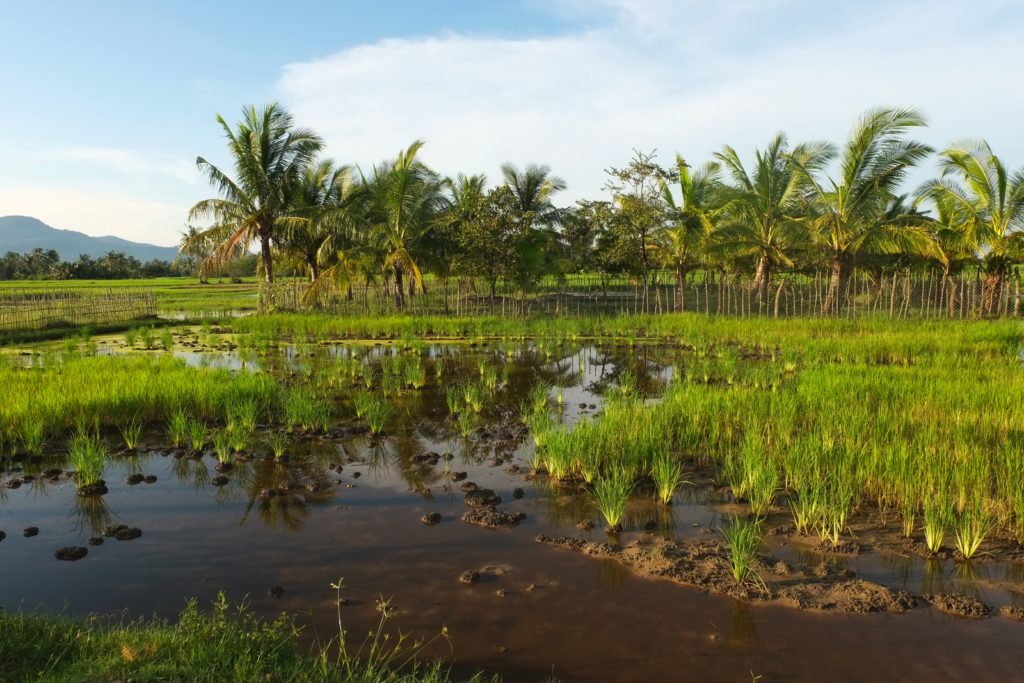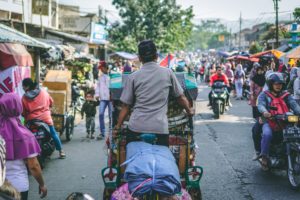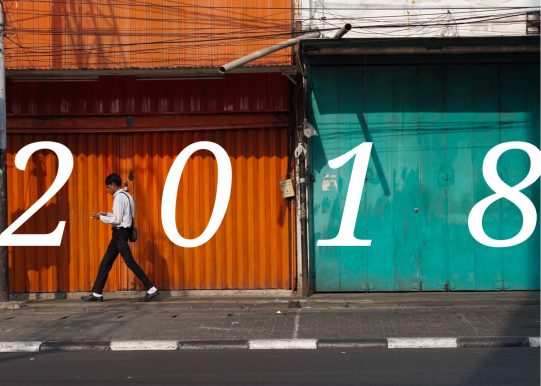Welcome to the final New Mandala post for 2019. As the year (and the decade!) draws to a close we’ll be taking a break for a few weeks and be back with all the best Southeast Asia analysis for you in early January 2020.
First off, I must thank everyone who has made New Mandala possible over the course of the last year. I came on board halfway through the year and humbly acknowledge all of the excellent work done by my predecessor, Liam Gammon. You can read his reflections on his time in this farewell post. New Mandala has benefited from the work of Cat Yen as Assistant Editor and played host to talented ANU interns who helped keep everything running smoothly, thanks go to Hiroki, Serena, Olivia, Alia, Natalie, and Andre. This year also saw the establishment of the New Mandala Advisory Board and I thank colleagues on that board, and more generally, for their advice and wisdom. And, of course, we would be nothing without our authors and readers – thank you all for your contributions to another successful year for New Mandala.
To keep you occupied during our hiatus, compiled below are our most read posts for 2019 with a few extra Editor’s picks so you can catch up on anything you missed or revisit some old favourites.
We look forward to seeing you in 2020 and continuing to bring you a range of analysis, anecdote, and new perspectives on Southeast Asia.

Most Read Posts for 2019
- A rebuke against a sister and the personalising of monarchical control – Paul Chambers explores King Vajiralongkorn’s expanding control over Thai forces.
- Indonesia’s election and the return of ideological competition – Edward Aspinall argues that renewed rivalry between pluralists and Islamists coexists with catch-all patronage politics.
- How ‘moderate’ are Indonesian Muslims? – Nathanael Sumaktoyo puts forward the numbers on how Indonesia stacks up in comparison to other Muslim-majority countries.
- Abdul Somad: ustadz jaman now – Heidi Arbuckle-Gultom and Rheinhard Sirait examine whether Indonesia’s most popular preacher is a mentor or a closet radical.
- On the 2024 campaign trail with Sandi Uno – Liam Gammon argues that Prabowo Subianto’s running mate is playing the long game.
- The Singapore Bicentennial: it was never going to work – Nien Yuan Cheng on the unstable historical foundations of Singapore’s (supposed) 200th birthday.
- Thailand’s first elections in the post-Bhumibol era – Kasian Tejapira looks at the prospects for durable authoritarian politics after the ‘Bhumibol Consensus’. Also available to read in Thai, การเลือกตั้งทั่วไปครั้งแรกของไทยในยุคหลังในหลวงภูมิพล.
- Between throwing rocks and a hard place: FPI and the Jakarta riots – Ian Wilson shows how clouds are gathering for the hard-line Islamic group.
- New networks in Thai royal politics – Andrew Alan Johnson on Ubolratana’s abortive PM candidacy and what it suggests about the fragmentation of the “network monarchy”.
- The changing face of fake news – Jonathan Corpus Ong, Ross Tapsell, and Nicole Curato launched their new report, “Tracking Digital Disinformation in the 2019 Philippine Midterm Election”.

Editor’s Picks
- Lesbian history in Thailand: value in traces – Emily Donald looks at lesbian history and women’s sexuality as part of LGBTQ+ history month.
- Brother No. 2 of the Khmer Rouge becomes a lesson learned at the ECCC? – Somaly Kum suggests that the death of Nuon Chea left the people of Cambodia with more questions about the Khmer Rouge regime and wondering if they will ever be given justice.
- Mental health care in Indonesia: short on supply, short on demand – Ade Prastyani warns that if Jokowi is serious about building Indonesia’s “human capital”, he should make mental health a policy priority.
- Cooptation doesn’t work: how redshirts voted in Isan – Saowanee Alexander demonstrates how the redshirt movement in Thailand endures at the ballot box.
- Syariah by surprise in Brunei – Alana Tolman discusses how the latest extension of Islamic criminal law was kept under wraps, even for Bruneians.
- Why good women lose elections in Indonesia – Sally White and Edward Aspinall reveal how patriarchal public attitudes combine with unfriendly institutions to hamper women’s electoral success.
- The desecration of corpses on 6 October 1976: who, how and why – Puangthong Pawakapan and Thongchai Winichakul ask why the perpetrators of the Thammasat University massacre treated the bodies of the deceased so savagely, particularly in public before thousands of eyes.
- Land, emotions and the durability of power in Cambodia – Alice Beban-France shows that rural people in Cambodia distrust the bureaucracy but view land title grants as gifts that tie them to the Prime Minister’s personal protection. Also available to read in Khmer, ដីធ្លី, អារម្មណ៍, និងថាវរកម្មនៃអំណាចនៅកម្ពុជា.

 Facebook
Facebook  Twitter
Twitter  Soundcloud
Soundcloud  Youtube
Youtube  Rss
Rss 
